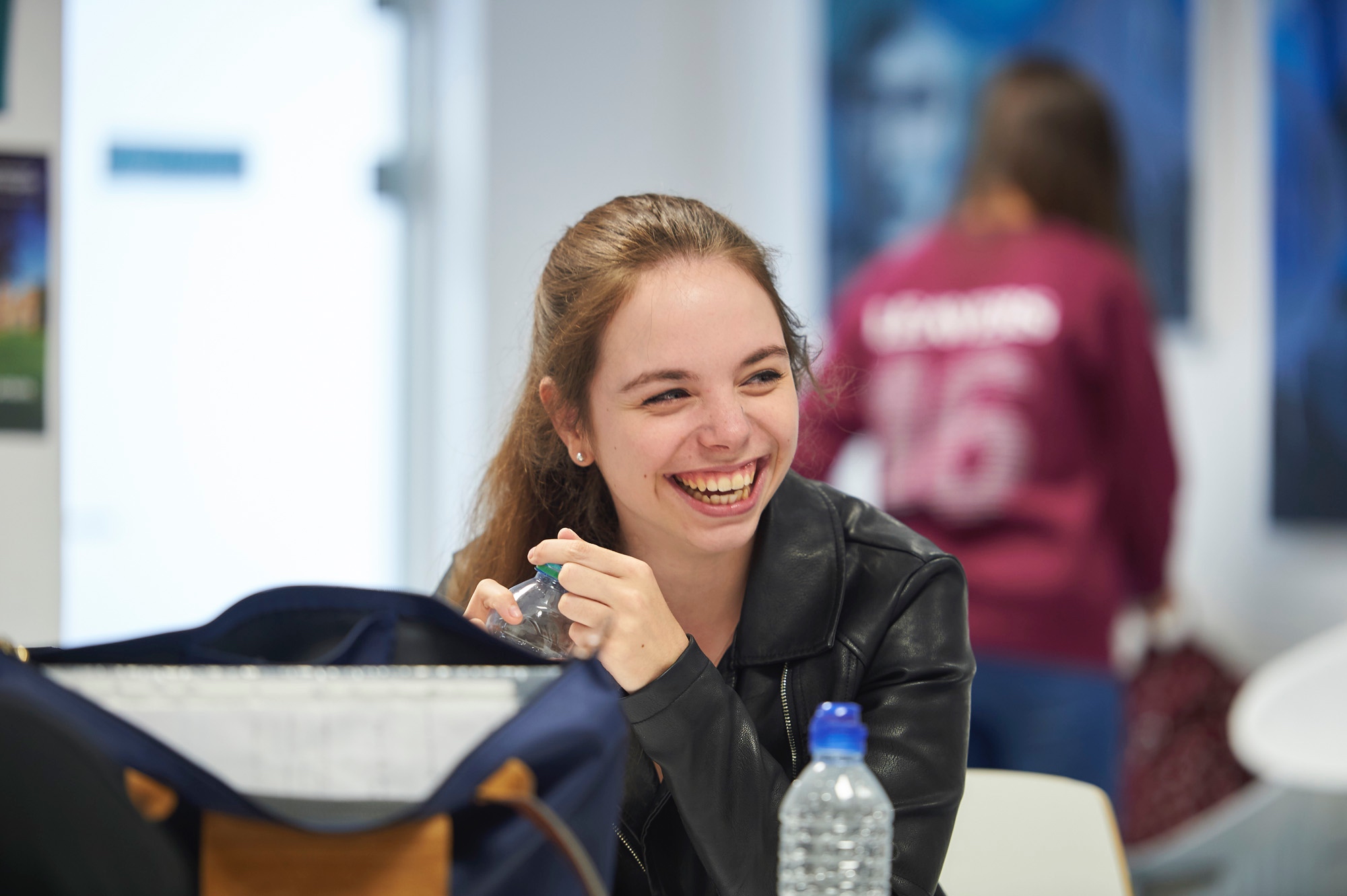A Level Classical Civilisation is a fascinating course. Each topic is studied through sources and texts from the ancient world. Texts are studied in translation. Through this course you will gain access to two civilisations which have inspired the modern world, and you will practise working with a wide range of materials.
 You will develop your ability to analyse visual sources, artefacts and written sources, and you will learn how to write clearly and concisely about them. Class discussion is a core part of every lesson, and pupils will learn to present their ideas effectively in different ways (e.g. short answer analysis questions on particular details, overview essay questions, class presentations / seminar contributions).
You will develop your ability to analyse visual sources, artefacts and written sources, and you will learn how to write clearly and concisely about them. Class discussion is a core part of every lesson, and pupils will learn to present their ideas effectively in different ways (e.g. short answer analysis questions on particular details, overview essay questions, class presentations / seminar contributions).
Beyond the classroom
The Classics department will support your study of Classical Civilisation with a stimulating programme of academic enrichment, including essay competitions, study days hosted by Cambridge University, Sixth Form seminars with other schools, trips to galleries and theatre productions, and trips abroad to sites of interest in Greece and Rome.
The course requires no knowledge of Latin or Greek, and is open to all regardless of GCSE subjects studied.
Course content
You will study three different topics:
- The study of the epic poems of Virgil and Homer is compulsory - but for the other two there is a choice from topics such as Greek theatre, Greek art, Roman politics, Greek religion and so on. We aim to choose topics which appeal to the interests of our students.
Assessment
In the final exams, the compulsory epic module forms 40% of the final assessment; the other two topics each carry 30%. Each paper involves written responses to stimulus material: this material will include short extracts / images taken from the material studied during the course and structured essay questions.
FAQs
What is the progression like from GCSE?
For all subjects A Level can seem like a big step up from GCSE, but our aim is to help you get there smoothly. We put a lot of emphasis on knowledge-acquisition during Year 12. This means that students are typically in a good position to handle the A Level standard material required in Year 13. While the beginning of Year 12 can feel daunting to some, it is usual for students to feel progressively in control and on top of things as the terms roll forward. By the time students get nearer to the end of the course, A Level standard usually feels well within reach.
What sort of things will I study in Classical Civilisation A Level?
The A Level is made up of three modules: all students have to take the epic literature module, in which they study the Aeneid and one of the great Homeric epics. The other two modules are chosen from a list of options. The choice here depends on the interests/enthusiasms of students and teachers, but we have often selected the Greek Religion and Augustan Imperial Image options. The rationale behind this choice is that it is a good idea to study something from the world of the Greeks and something from the world of the Romans, and to build a broad understanding through, for example, a module on religion and a module which is rooted in a specific time period.
Will I have to write essays?
Whatever you choose, essay-writing will be part of what you do, and this is a very good skill to master. Essays help you learn to express your thoughts clearly and we will work with you to help you develop a clear writing style. We build up to essay-writing in stages: the aim is to build knowledge and then gradually develop the complexity of the analysis/thinking about what you know.
Are there trips as part of the course?
This varies a bit from year to year, but the Classics Department is lively and energetic, and we are keen to make the most of opportunities for theatre trips/study days. We tend to run trips abroad (e.g. to Greece or Italy) once every two years.